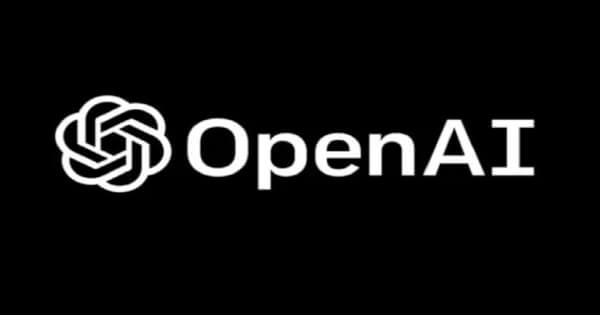GPT-5's Role in Accelerating Scientific Discoveries Explored
Caroline Bishop Nov 21, 2025 08:10
OpenAI's GPT-5 is aiding scientific progress by accelerating research workflows and enabling novel discoveries across various fields, according to OpenAI's recent findings.

OpenAI's latest research highlights the transformative potential of its advanced language model, GPT-5, in expediting scientific research and discoveries. According to OpenAI, the model is being leveraged by researchers across disciplines to synthesize known results, conduct comprehensive literature reviews, and generate novel proofs, all of which contribute to accelerating the pace of scientific innovation.
Collaborative Experiments with GPT-5
The study, involving collaborations with prestigious institutions like UC Berkeley, Columbia, Oxford, and Cambridge, showcases early case studies in fields such as biology, mathematics, and computer science. These collaborations have demonstrated GPT-5's capability to assist in complex computations and propose experimental designs that could significantly reduce the time required to achieve scientific breakthroughs.
Real-World Applications and Case Studies
In biology, GPT-5 has been instrumental in quickly identifying mechanisms of changes in immune cells, facilitating faster understanding and treatment development. In mathematics, the model has aided in solving longstanding problems, such as those proposed by Paul Erdős, by providing new insights and ideas that researchers can build upon.
Similarly, in the realm of algorithms and optimization, GPT-5 has revealed potential failures in established decision-making methods and improved classical results, aiding engineers in refining real-world applications like robotics and routing.
OpenAI for Science Initiative
The OpenAI for Science initiative aims to enhance scientific discovery by integrating AI models like GPT-5 with specialized tools and workflows. This integration is designed to help researchers explore ideas more efficiently, test hypotheses rapidly, and uncover insights that might otherwise take significant time to realize.
OpenAI's approach combines the use of specialized scientific tools with scalable AI models to unlock new reasoning capabilities. This dual strategy helps in connecting cross-disciplinary ideas, sketching proofs, and navigating complex literatures.
Current and Future Implications
While GPT-5 is not yet autonomous in scientific research, it expands the exploratory options available to researchers, facilitating faster movement toward viable results. The model's ability to perform conceptual literature searches, generate proof outlines, and propose experimental mechanisms is already proving beneficial in fields like mathematics and empirical sciences.
OpenAI acknowledges the limitations of GPT-5, including potential inaccuracies in citations and reasoning, emphasizing the necessity of expert oversight. However, the ongoing improvements in AI capabilities suggest promising future contributions to scientific productivity.
For more detailed insights, visit the OpenAI website.
Image source: Shutterstock
.jpg)